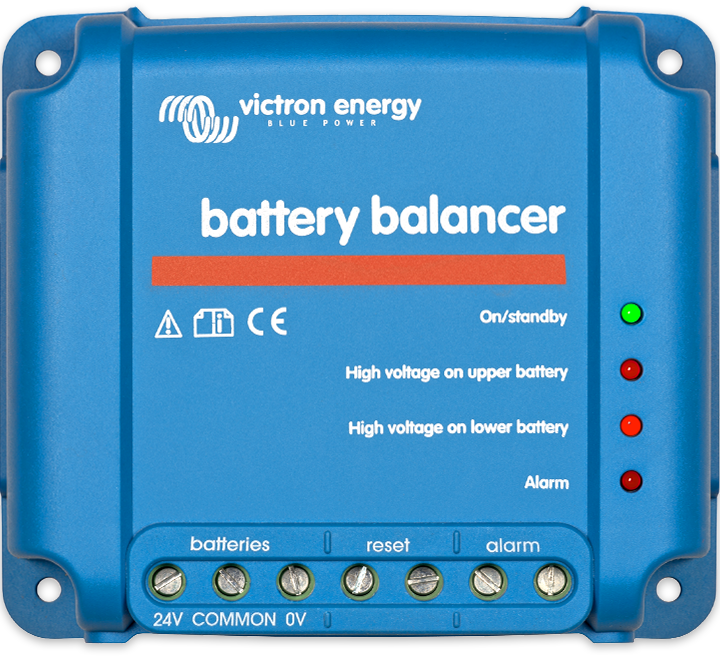TL;DR I need a lifepo4 24v20ah charger!
Hi! I'm new to the forum but happy to be here! I recently built the following system in my 27ft camper:
Battery: Two 200amp hour 12v lifepo4 Redodo batteries wired in series for 24v/200ah.
Chargers: Two EG4 24v/40ah chargers (80ah total) that I got from Signature Solar. They were advertised as 30ah but when they arrived I realized they were actually 40ah. I cannot find them on the internet ANYWHERE now, but here is a similar one at only 35ah https://signaturesolar.com/eg4-battery-charger-24v-35a-1/
Inverter: Vevor 24v 3500 watt pure sine wave inverter.
12v supply: Uxcell 24v to 12v voltage converter (60amp) to run all the 12v devices.
Generator: 3500 watt dual fuel Champion. I run it exclusively on propane and hope to never put a drop of gasoline in her.
Solar: Four 100 watt Renogy panels and a Renogy Rover 20 amp mppt. I also have a Renogy Rover 40 amp that is currently unused. I plan to massively increase my solar in the future. I have a full shop and like to fabricate stuff, so I will probably build my own adjustable mounts allowing me to angle the panels at will, mount panels to the sides of the RV that fold upwards, etc.
Question:
I setup relays/switches so I can turn the chargers on/off individually as to not overload a standard 120v outlet.
The generator has power to spare, so I would like to obtain an additional 20ah charger to increase charging from 80ah to 100ah.
There used to be an EG4 charger sold at Signature Solar that was in the realm of 20ah, but I don't see it for sale anymore. I don't see the 40ah chargers I purchased either
What other 20ah chargers should I consider?
Should I consider two 12v chargers and wire them to the batteries individually while simultaneously charging the string at 24v with my existing chargers? Sort of like a balancing system? Is that even possible?
Hi! I'm new to the forum but happy to be here! I recently built the following system in my 27ft camper:
Battery: Two 200amp hour 12v lifepo4 Redodo batteries wired in series for 24v/200ah.
Chargers: Two EG4 24v/40ah chargers (80ah total) that I got from Signature Solar. They were advertised as 30ah but when they arrived I realized they were actually 40ah. I cannot find them on the internet ANYWHERE now, but here is a similar one at only 35ah https://signaturesolar.com/eg4-battery-charger-24v-35a-1/
Inverter: Vevor 24v 3500 watt pure sine wave inverter.
12v supply: Uxcell 24v to 12v voltage converter (60amp) to run all the 12v devices.
Generator: 3500 watt dual fuel Champion. I run it exclusively on propane and hope to never put a drop of gasoline in her.
Solar: Four 100 watt Renogy panels and a Renogy Rover 20 amp mppt. I also have a Renogy Rover 40 amp that is currently unused. I plan to massively increase my solar in the future. I have a full shop and like to fabricate stuff, so I will probably build my own adjustable mounts allowing me to angle the panels at will, mount panels to the sides of the RV that fold upwards, etc.
Question:
I setup relays/switches so I can turn the chargers on/off individually as to not overload a standard 120v outlet.
The generator has power to spare, so I would like to obtain an additional 20ah charger to increase charging from 80ah to 100ah.
There used to be an EG4 charger sold at Signature Solar that was in the realm of 20ah, but I don't see it for sale anymore. I don't see the 40ah chargers I purchased either
What other 20ah chargers should I consider?
Should I consider two 12v chargers and wire them to the batteries individually while simultaneously charging the string at 24v with my existing chargers? Sort of like a balancing system? Is that even possible?





